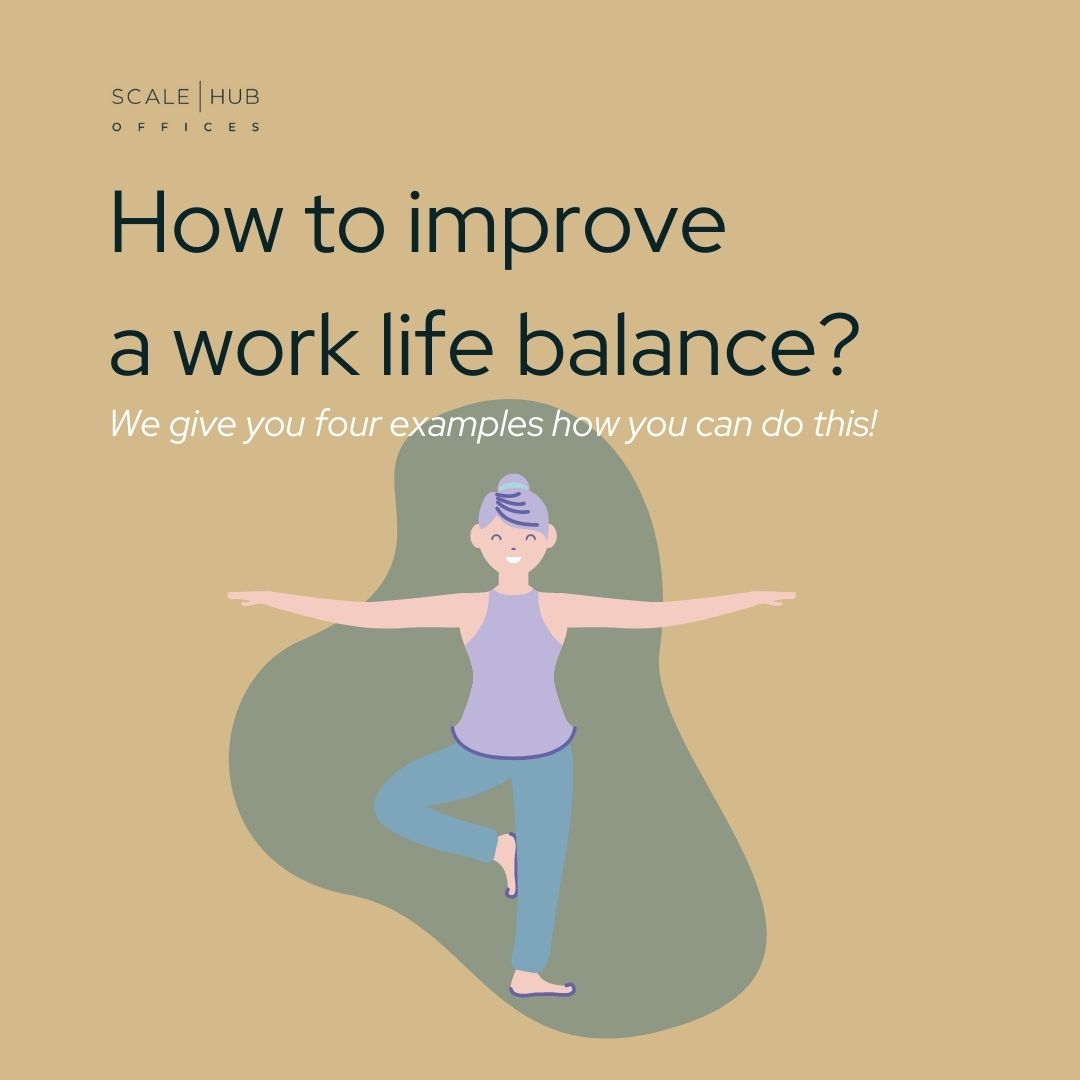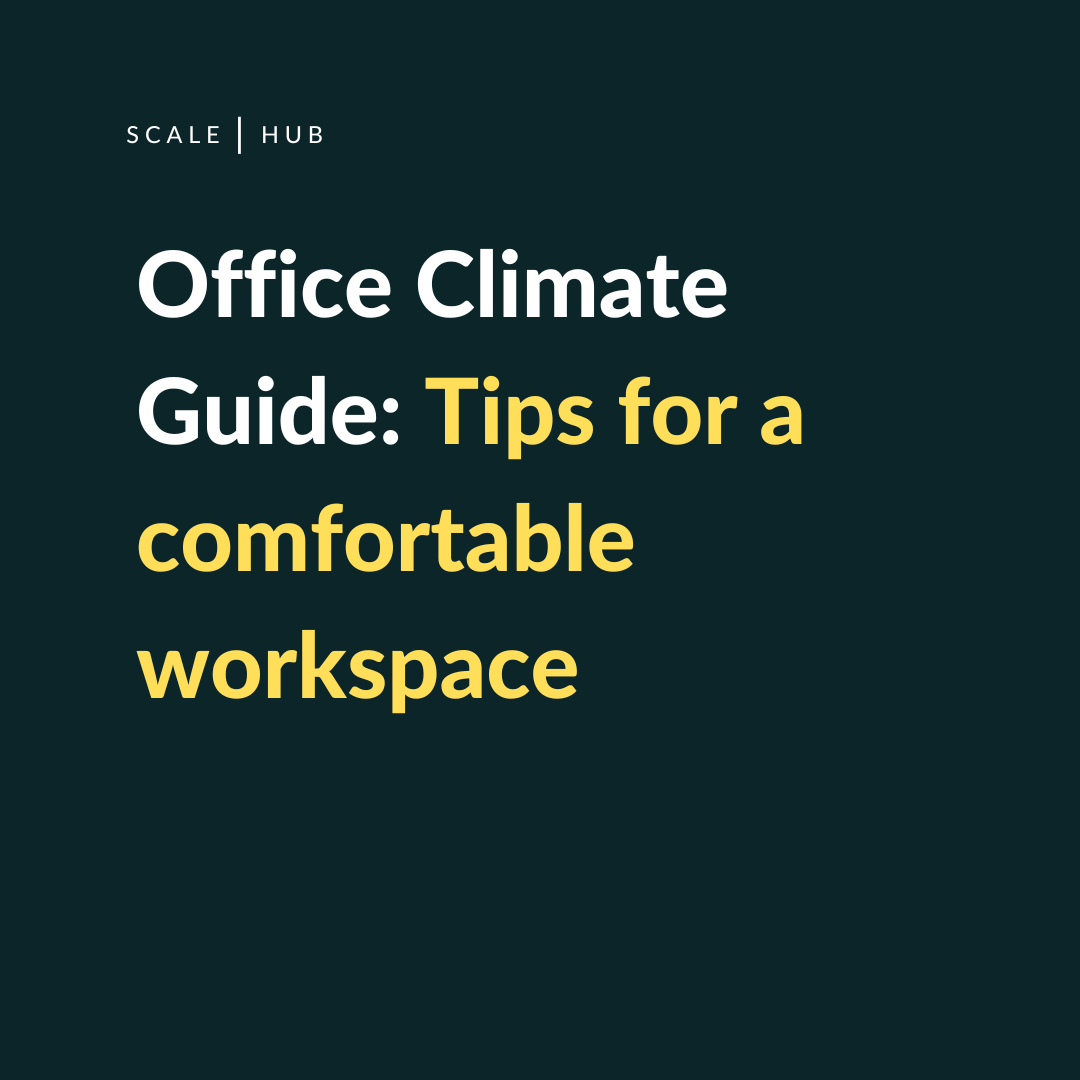
Get enough exercise. Get enough rest. Take enough time off from work. Spend a good amount of time with family and friends. Make time to do things you enjoy doing.
Ok. Awesome.
Forget about that deadline you have to meet in 3 hours, just as soon as you get out of your meetings. Forget about the call backs of the people on your voicemail. Never mind the stack of emails in your – anywhere between 2 to 7- inboxes, waiting for answers and follow up. Never mind the private stuff you have to deal with in between, or does that count as spending time on family and friends?
Yep, life can feel like a load, and it can be hard to keep a good work-life balance.
How do we even know what the right balance is? When we talk about the right balance, we often focus on how we tend to work too much – and we do easily work too much. But when is it too much, if work gives us joy and makes us feel fulfilled; like we’re actually accomplishing things and like we’re making a difference. Is work too much when we burn-out? Or when our personal life catches up with us?
There’s not one way to know, and there’s not one way to go, because all of us are not the same. What’s for sure: if the juggle itself, of private and professional life, is starting to not feel right and things begin to clutter your mind (or worse: it starts taking a toll on your mental or physical health) you are probably not getting that balance right.
There are ways to help us get the feeling of balance a bit better. And the feeling of is often the first thing that needs a fix.
Room for the personal life
We tend to feel much less guilty about working “overtime” to get things done for work, than we do scheduling time to make sure our “personal stuff” is in check when we’re at work. A way to deal with this: schedule 15 to 20 minutes every day to knock off some personal to-do’s from your list. And don’t feel guilty about doing so because it makes perfect sense: it will create more space in your brain to get all of your work done.
Headspace
To be able to deal with whatever life throws at you, you need to take good care of what gets to occupy your head. One good way to handle the chaos of life is to get time off of it. And to do so, it can be very helpful to learn how to “mute” all the noise and get some rest for the mind. Preferably a couple of times a day, especially when you’re under a lot of stress. And the good news is: the importance of this rest transcends the “keeping of” the right work-life balance because you need to take care of your sanity all day long; it may even be the best way to start off your day. Some do yoga, others meditate, others take a walk, have a coffee break, or crack a joke with a coworker. Whatever gets your mind (temporarily) off from whatever is occupying it: go for it. You can’t think straight if you don’t.
Keep on moving
Both literally and metaphorically: keep on moving. You need to exercise throughout the day to keep blood and ideas flowing but it’s also important to keep on moving with whatever is going on behind your screen. Whether it’s work that you keep on procrastinating, things that keep hacking your thoughts, or an issue you just can’t seem to solve: don’t get stuck. Ask for help and get it out of the way as soon as you can. Remove the roadblocks and when you’ve done so successfully: take a break to celebrate.
Schedule time for the unexpected
To limit the sense of losing grip over time, schedule the unscheduled. An hour is not excessive. If you would look back every day at how exactly you spent your time, at least an hour went into things you didn’t know you would be doing. So scheduling an “unexpected hour” doesn’t mean you’ll go looking for extra work, it’s just to create space in your day for the inevitable “can you take a look at this” and “we need this done by tomorrow”. It may also help you to freely engage in fun surprises every now and then.
(insert grote quote uit de tekst om een break in de tekst te creëren, bijv: “Schedule the unscheduled: an hour is not excessive.”)
The scheduling of the unexpected is a good trick, but it’s still a conscious effort. If you find it difficult to get enough mental and physical rest throughout your day, at least find peace in knowing that it’s not just you who is terrible with time. There’s simply never enough time (or energy?) to keep up with everything because work and life never stop coming. And no, you can’t make up for time. Not even by skipping your lunch break.
Most of all, we need to accept that life is never going to stop happening to us and we’re all struggling from time to time just to get the balance right. Forrest Gump had it figured out for us real nice: Life is like a box of chocolates, you never know what you’re gonna get.
In case you have an appetite for chocolate now: that’s a proper place to start improving any balance if you ask us.



